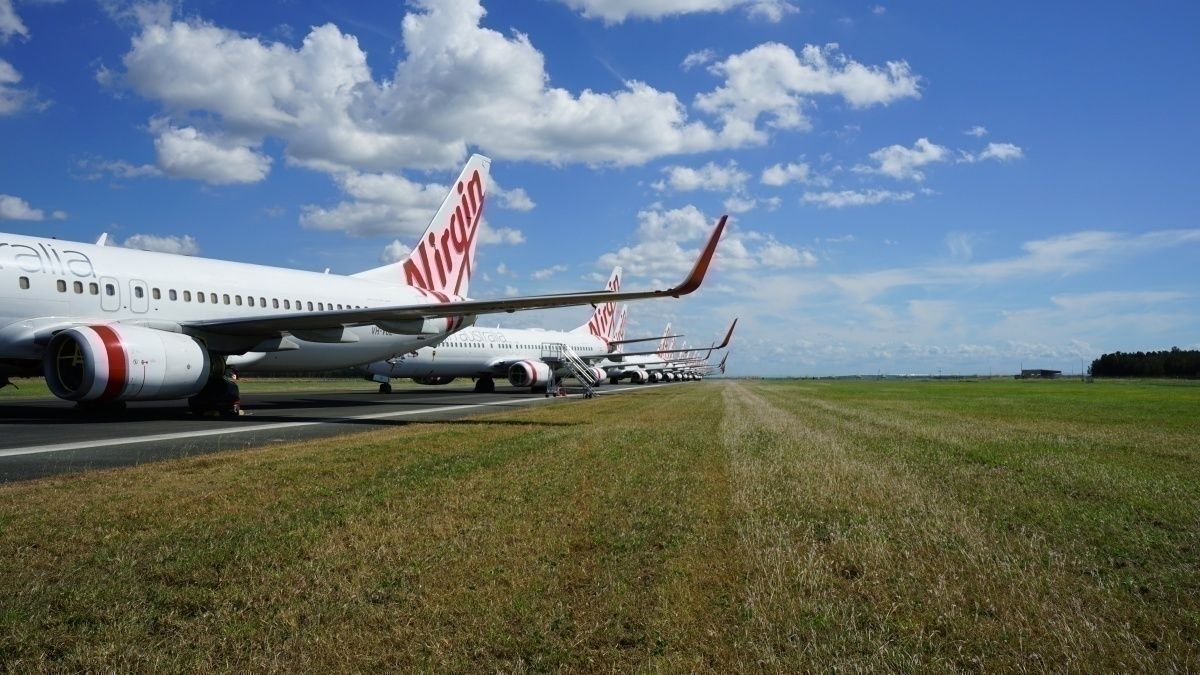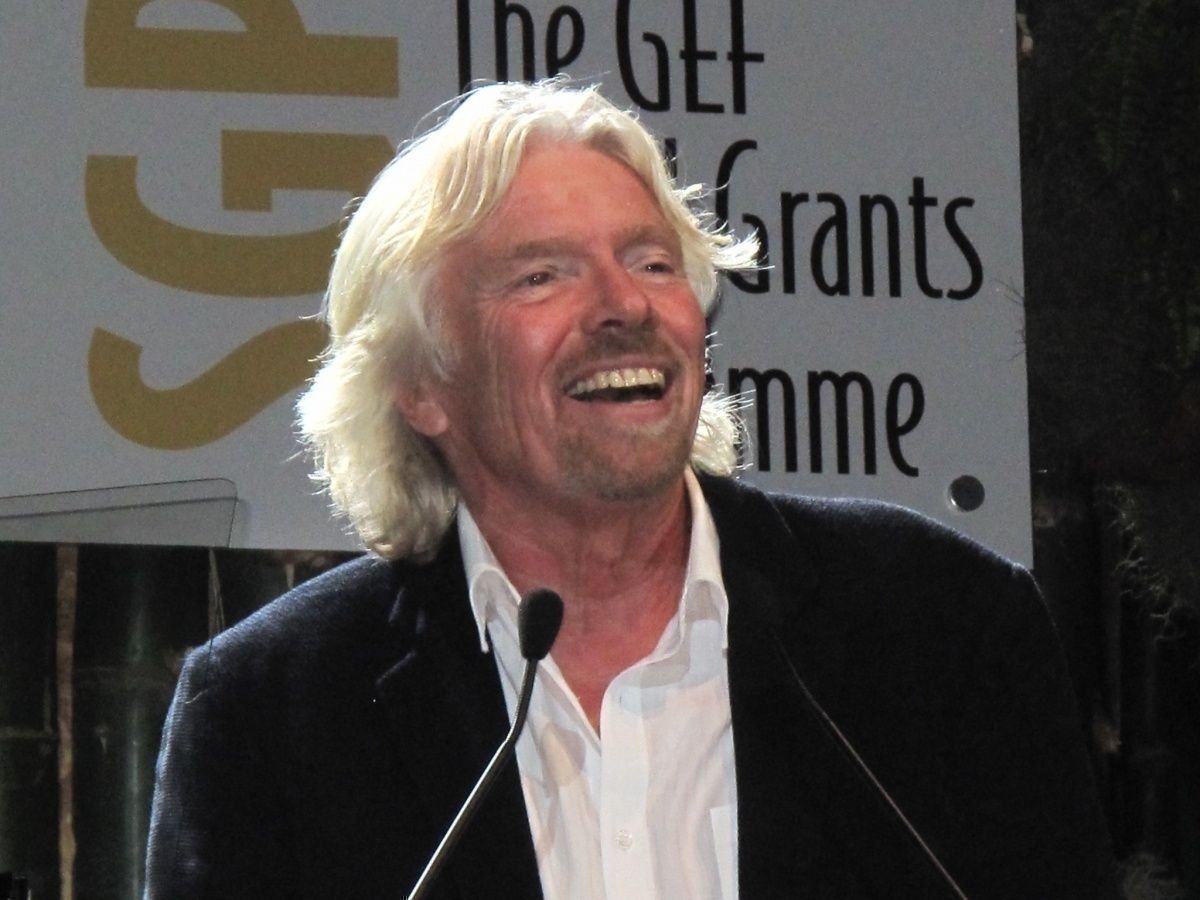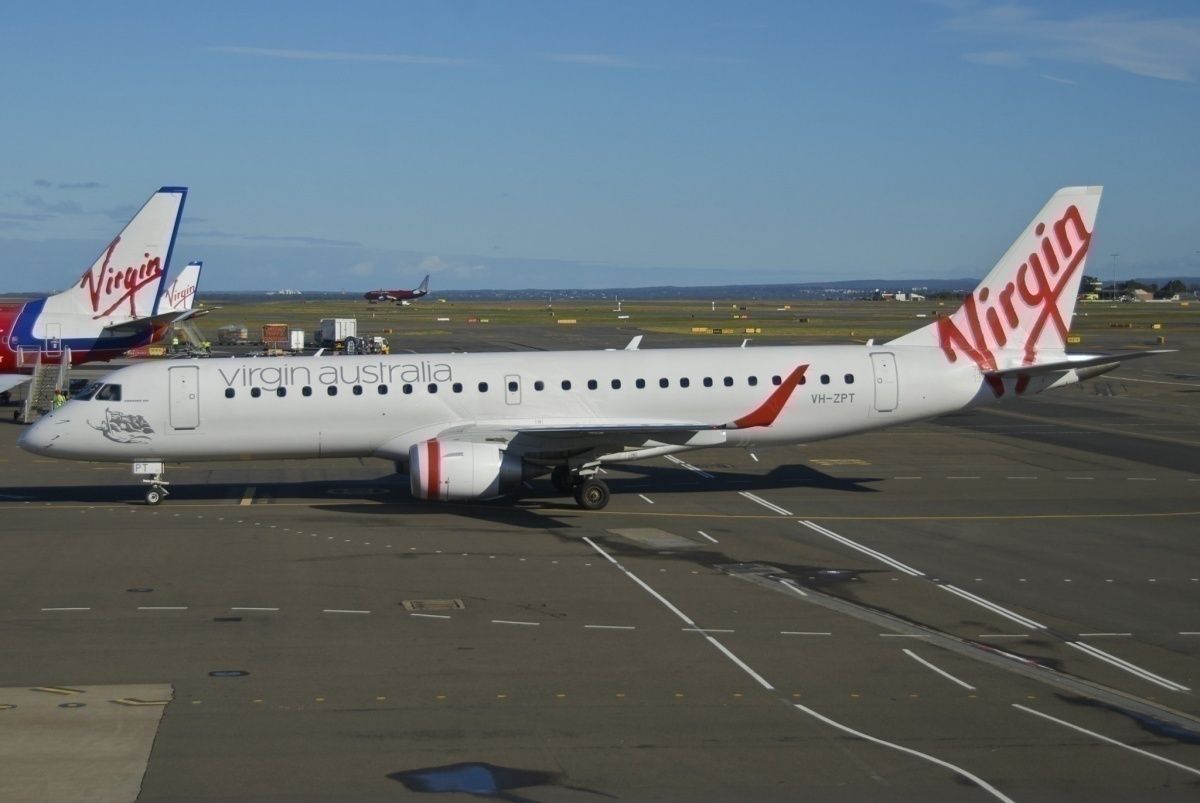Virgin Australia is engaged in a game of high stakes poker today, Tuesday, 14 April. The publicly listed airline has been put into a trading halt on the Australian Stock Exchange (ASX). This follows feverish work by Virgin Australia to raise funds, including approaching the Australian government for a loan. But the response to date has been lukewarm. As the situation at Virgin Australia becomes increasingly desperate, it appears the airline is making a dramatic but strategic move to bring funding sources to the negotiating table.
As per government regulations, Virgin Australia was put into a trading halt at 09:30 Sydney time on Tuesday. The trading halt will continue until the opening of the ASX on Thursday morning or an announcement, whichever comes earlier.
Virgin Australia told Simple Flying today;
“Virgin Australia has requested a trading halt as it continues to consider ongoing issues with respect to financial assistance and restructuring alternatives."
Virgin Australia is down to operating a once a day domestic service between Sydney and Melbourne. In addition, it is operating a handful of government-subsidized international services.
Virgin Australia structurally and financially weakened
On the back of years of losses, Virgin Australia went into 2020 financially and structurally weakened. The outbreak of the pandemic and subsequent travel downturn highlighted and exacerbated those weaknesses. Despite asserting that the airline had significant cash reserves, analysts expect Virgin Australia to run out of cash within months. As if confirming this view, Virgin Australia's CEO, Paul Scurrah, has been busy trying to raise funds.
The airline has about USD$3.2 billion in debt and a market value of USD$467 million. Almost USD$2 billion of the debt is secured. The rest is unsecured and spread across bond issues.
Virgin Australia has been busy working behind the scenes to restructure this debt. In a deal said to be well advanced that involves Australian bondholders, US bondholder and banks, Virgin Australia is looking at a creditor’s scheme of arrangement. It will need to go to a vote and be approved by the courts but, if it gets the tick of approval, debt will be swapped for equity in the airline.
Funding complicated by ownership structure
Complicating the issue is Virgin Australia's ownership structure. Despite being publicly listed on the ASX, over 90% of Virgin Australia's stock is held by a clutch of foreign entities. These include Etihad Airlines, Singapore Airlines, HNA Group, the Nanshan Group, and the Virgin Group.
Richard Branson, whose Virgin Group has a 10% stake in Virgin Australia has previously said that he has "the COVID-19 portfolio from hell.”
There's a view that the owners should bail out Virgin Australia. But the crisis sweeping the globe has seen each of these entities take a financial battering themselves. With the possible exception of Singapore Airlines, none has the resources or inclination to pony up the kind of cash Virgin Australia needs.
But Paul Scurrah has confirmed that he is investigating all possible avenues for funds, including the owners. While Singapore Airlines would be Virgin Australia's preferred sugar daddy, the Brisbane based airline is canvassing the wider market for players with fat wallets and an appetite for risk.
Government loan request flagged liquidity problem
It was Virgin Australia's seemingly ill-fated approach to the Australian government about two weeks ago that publicly flagged the airline's liquidity problems. While not openly declaring its hand, it became clear, pretty quickly, that the Australian government wasn't keen on bailing out a private business to the tune of the USD$900 million Virgin Australia wanted.
The line out of Canberra is that while the government fully supports two strong domestic airlines in Australia, one of those didn't necessarily have to be Virgin Australia.
There's a raft of philosophical, policy, and economic reasons the Australian government doesn't want to loan Virgin Australia a lazy USD$900 million. Government help to date has been generous but has been focused at industry rather than individual business level. Besides the matter of lending money to a business that is 90% owned by wealthy (albeit struggling) foreign owners, it sets a precedent. Every private business with cash flow issues will be beating on the government's doors if this loan goes through.
Government announcement likely Tuesday afternoon
But the government has indicated it will look at subsidizing various airlines in order to bolster Australia's flagging schedule of domestic flights. The extent of this assistance is unknown but multiple media outlets are suggesting the Australian government will make an announcement on Tuesday afternoon (Sydney time).
At best this could provide a short-term fix for the airline. The government's interest is on maintaining some flights, not underwriting entire airlines. This afternoon there may be a considerable chasm between what the government offers and Virgin Australia wants.
It is a fast-evolving story but there is an emerging view that today's trading halt is a tactic by Virgin Australia to bring the situation to a head. Whether you are a foreign owner, a US bondholder, a bank, or the Australian government, it seems Virgin Australia wants a deal done if there is one to be done.
If the move today by Virgin Australia works, it will go down as a brilliant play by the airline and its CEO, Paul Scurrah. But if the other parties at the table call the airline's bluff, will Virgin Australia's hand be able to carry it through the current crisis and out the other end?




